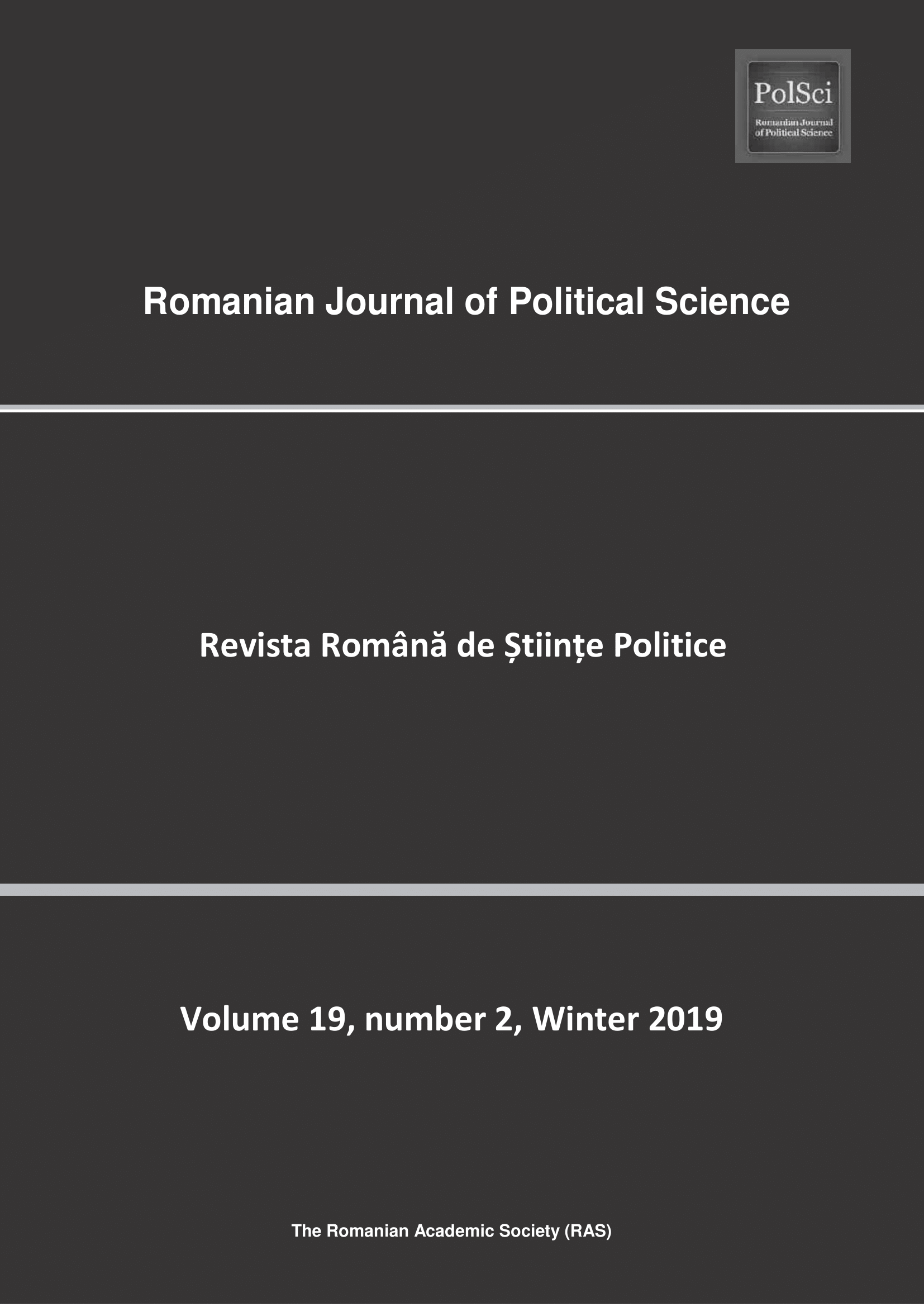SYMBOLIC IMPORTANCE OF DIPLOMATIC PROTOCOL: COMMON HERITAGE AND ORDER OF PRECEDENCE OF SEVEN COUNTRIES OF FORMER YUGOSLAVIA
SYMBOLIC IMPORTANCE OF DIPLOMATIC PROTOCOL: COMMON HERITAGE AND ORDER OF PRECEDENCE OF SEVEN COUNTRIES OF FORMER YUGOSLAVIA
Author(s): Jana ArbeiterSubject(s): Geopolitics
Published by: Societatea Academică Română (SAR)
Keywords: order of precedence; diplomatic protocol; symbolic power; former Yugoslavia; diplomacy;
Summary/Abstract: The order of precedence, as a constituent element of diplomacy, is a framework that different actors obey and enforce in their relations. It guarantees equality among sovereign states, and at the same time establishes power relations between different actors. Therefore, analysing it can help understand, firstly, the symbolic power of a particular post or institution according to its position in the order of precedence, and secondly, how a common historical legacy is translated into the diplomatic practice of a country. The aim of this paper is to analyse whether there are any similarities between the seven countries of former Yugoslavia, and to show how the theoretical concept of habitus is transferred into practice. The seven countries of former Yugoslavia, with their common geographical, historical, cultural, anthropological and socio-political elements, are examined using historical analysis in combination with analysis of the diplomatic structure in order to show the similarities in their orders of precedence. Cross-country comparison offers a thorough analysis of common features and divergences among countries, which is important when focusing on a particular region with a common historical and socio-political legacy.
Journal: Romanian Journal of Political Sciences
- Issue Year: 19/2019
- Issue No: 2
- Page Range: 157-174
- Page Count: 18
- Language: English
- Content File-PDF

